New quality productive forces are advanced productivity freed from traditional economic growth modes and productivity development paths, featuring high-tech, high efficiency and high quality, and are in line with the new development philosophy.
Jiang noted that the top three categories of China's trade in services are tourism, transportation and other business services. They account for 60 percent of the nation's total services trade, while most developed countries' trade in services focuses on knowledge and technology-based areas.
"This means China has a lot of potential to expand services trade, particularly as more Chinese companies are going overseas and seeking high-end services to go along with them," he said, adding that as China continues promoting the Belt and Road Initiative and contributing to the growth of the Global South, services trade will be even more critical to help domestic firms achieve their goals.
Similar views were expressed by Mohammed al Ajlan, deputy chairman of Ajlan &Bros Group, a Saudi Arabia-based conglomerate. "Since entering the Chinese market, we have witnessed tremendous change and maintain long-term confidence in China's high-quality economic development and increasing openness, especially in the areas of trade in services and technology growth," he said.
With closer China-Saudi political and business ties, the deep integration of the BRI and Saudi Arabia's Vision 2030 program between Saudi and Chinese companies will deepen and solidify, said al Ajlan.
"We aim to facilitate the implementation of advanced concepts, technologies, products and services in Saudi Arabia through platforms such as the China International Fair for Trade in Services," he said. Al Ajlan is also chairman of the Saudi-Chinese Business Council.
China and Belarus also signed a trade agreement in services and investment in August, said the Ministry of Commerce. The agreement is poised to further unlock the potential for cooperation in these fields and support high-quality development of the BRI.
Attracted by China's high-level opening-up, culture and quality education service, Duke Kunshan University, a joint venture of Duke University in the US, Wuhan University in Hubei province and Kunshan, a city in Jiangsu province, witnessed its largest undergraduate class this year, up 25 percent from the previous year and doubling the size of its inaugural undergraduate class in 2018.
About 350 students are from China, with about 150 being international — a 50 percent increase over the previous year, doubling the size of its inaugural undergraduate class in 2018.
This year, the university received the highest number of international applications, with over 4,700 applicants from 123 countries competing for 150 spots. About half of these applicants were from the US, according to John Quelch, executive vice-chancellor of Duke Kunshan University.
"I believe that DKU will help me achieve my goals by not only immersing myself in Chinese culture, but also broadening my perspective through other students, faculty and courses," said Sara Salazar, a class of 2028 student from Texas, the US.
From 2013 to 2023, the average annual growth rate of global services exports reached 4.9 percent, which doubled the average growth rate for the world's goods exports, said the World Trade Organization.








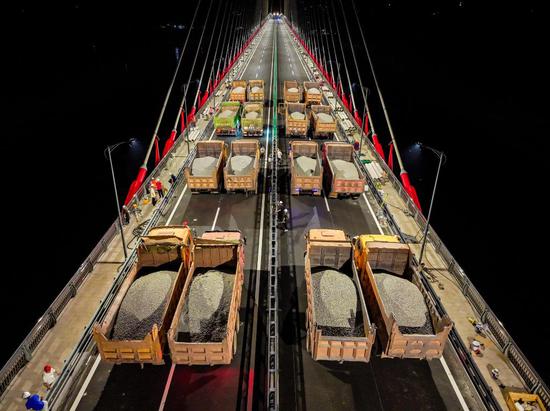
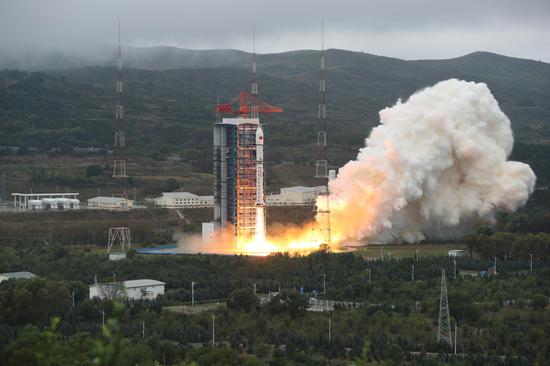
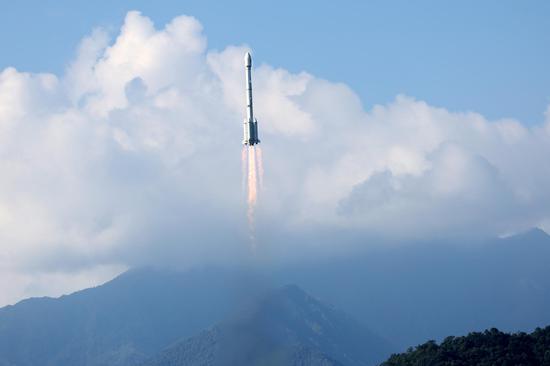
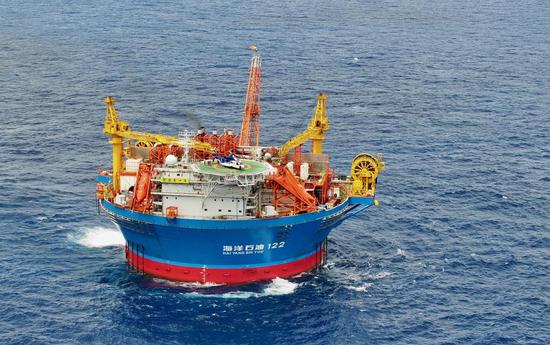
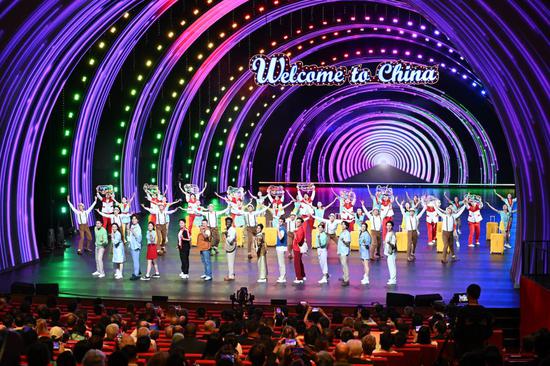





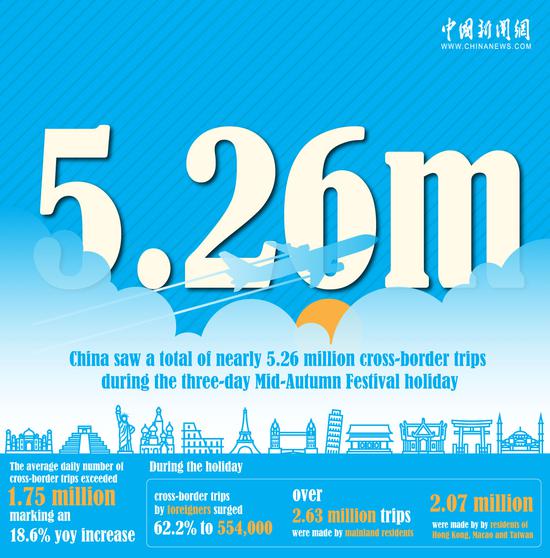
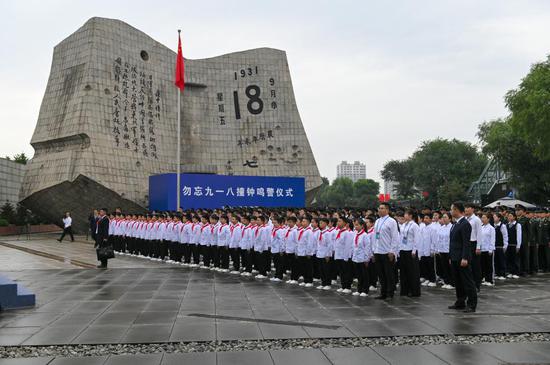


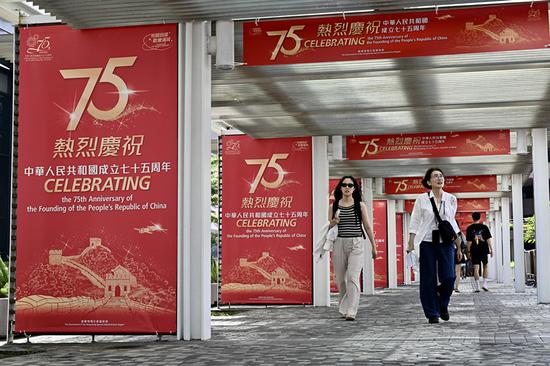
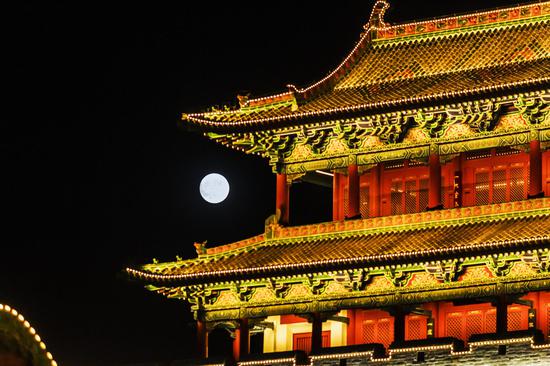
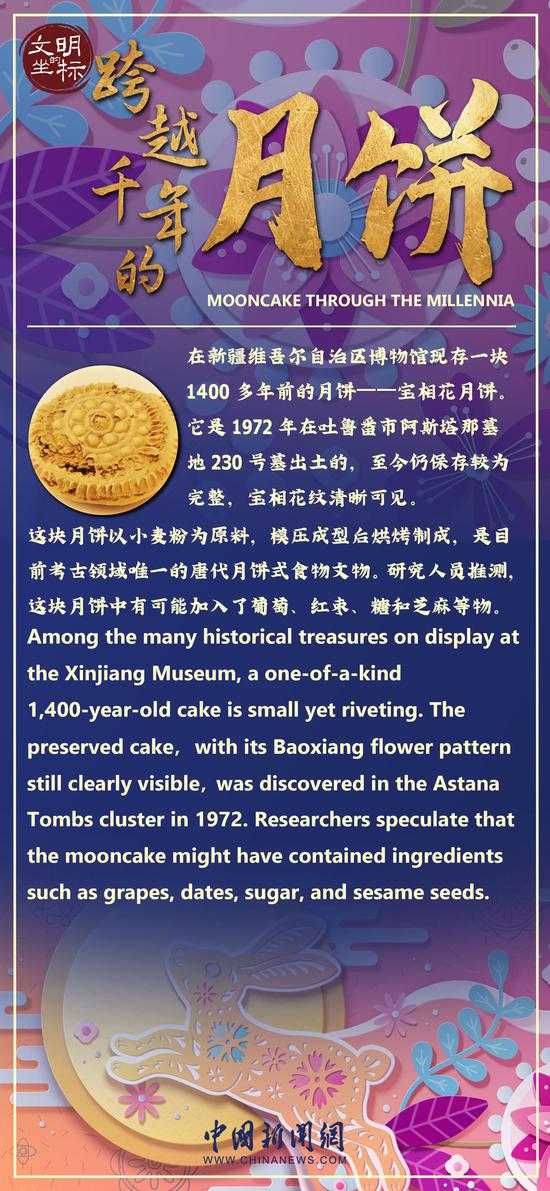
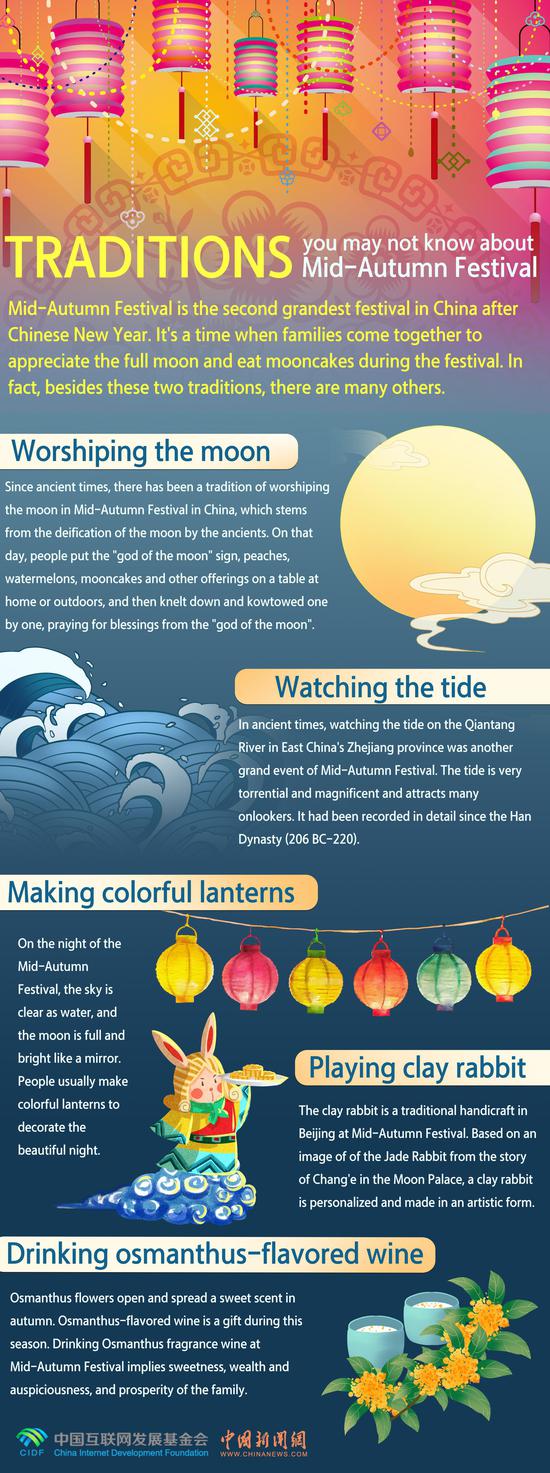
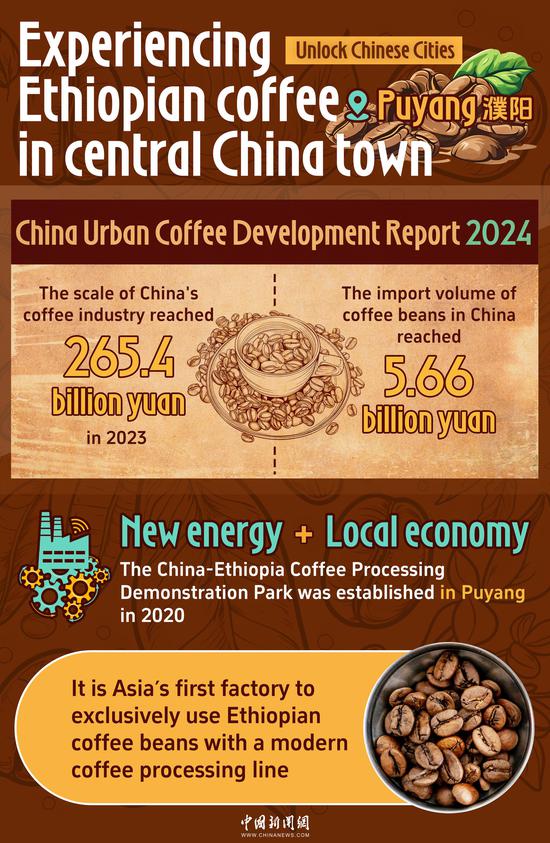
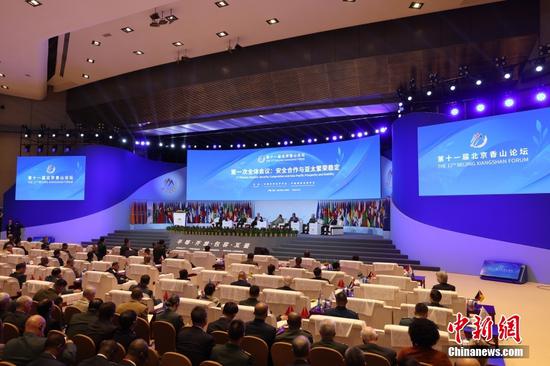

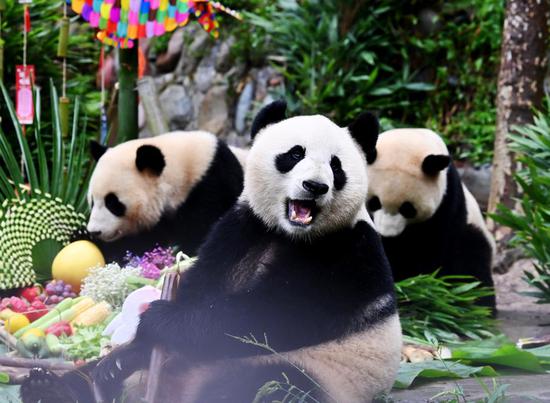




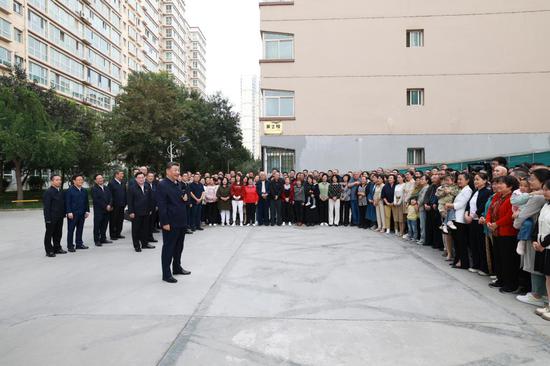
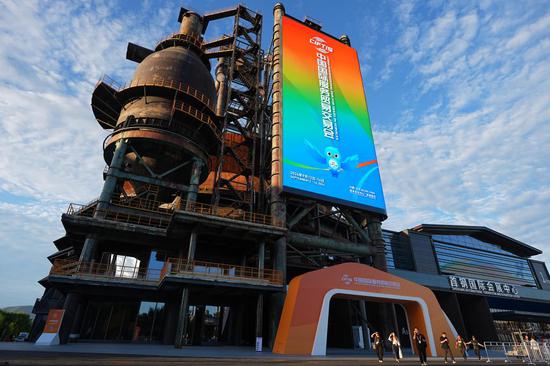
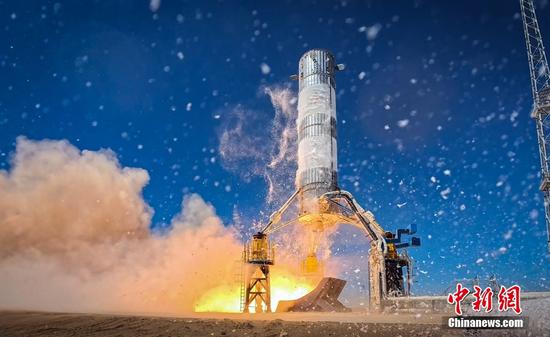


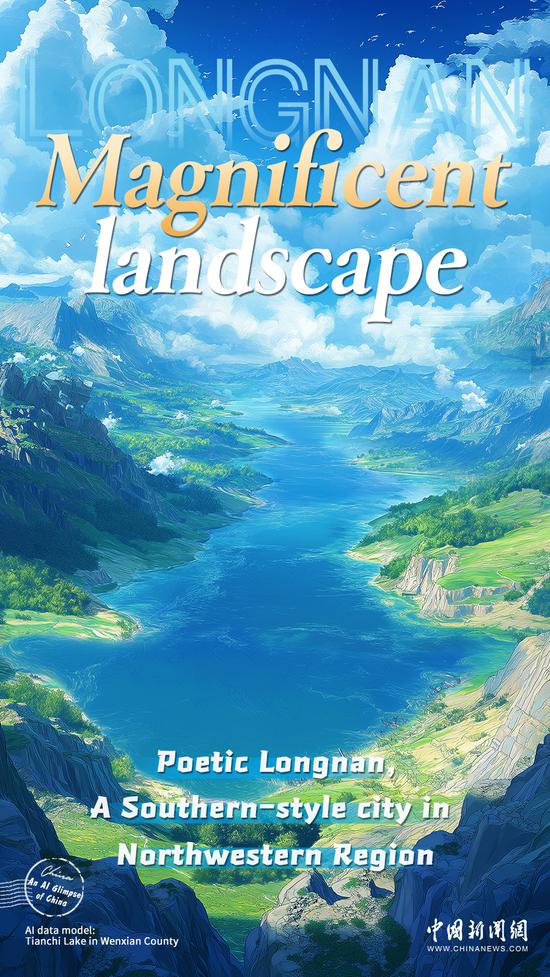
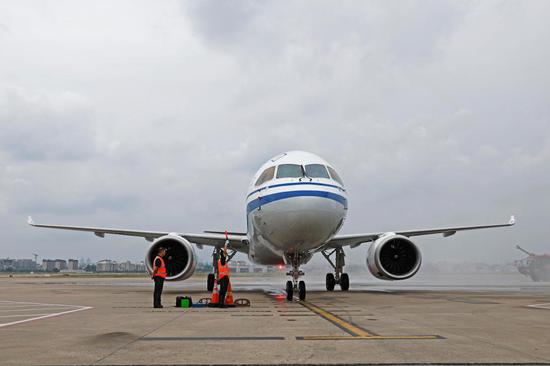





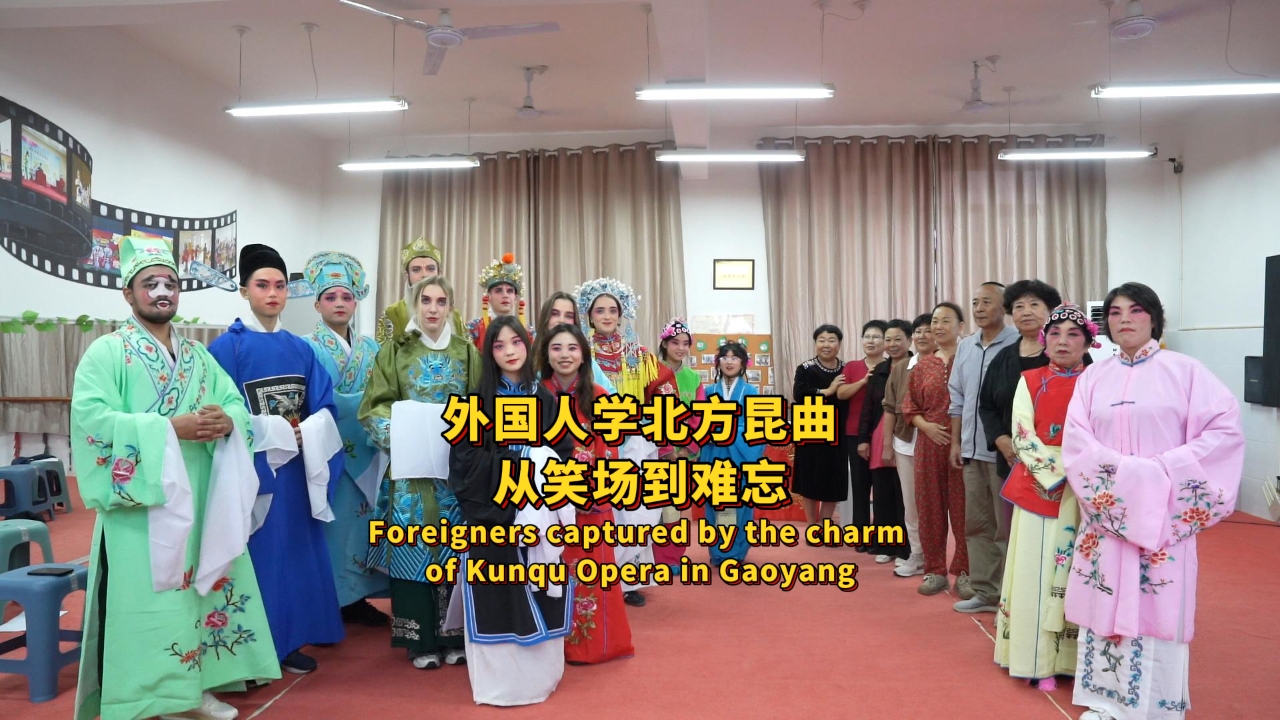

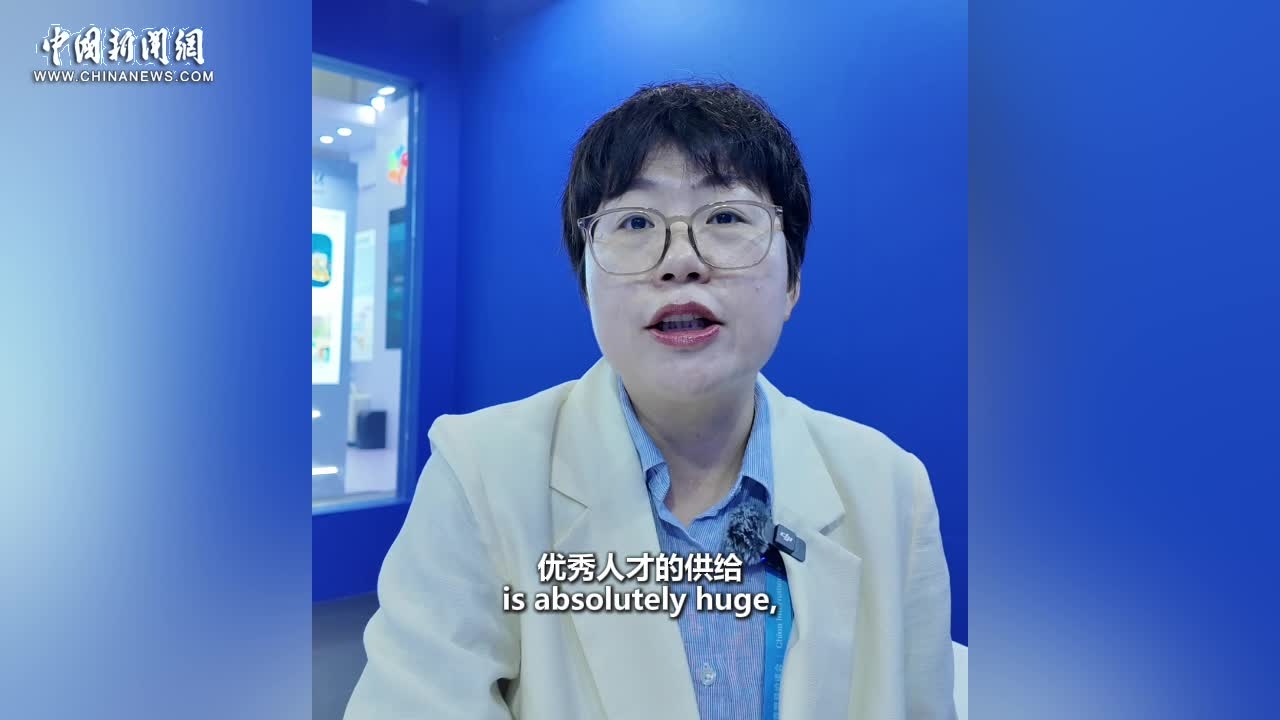

 京公网安备 11010202009201号
京公网安备 11010202009201号